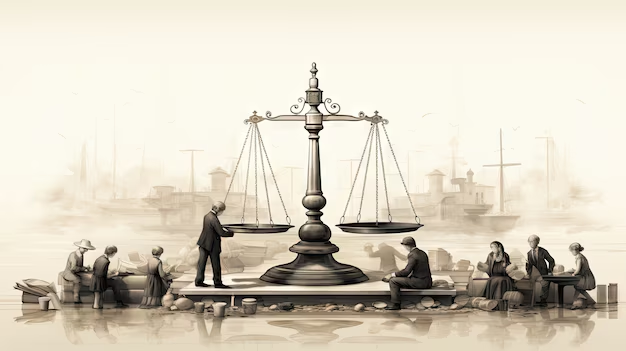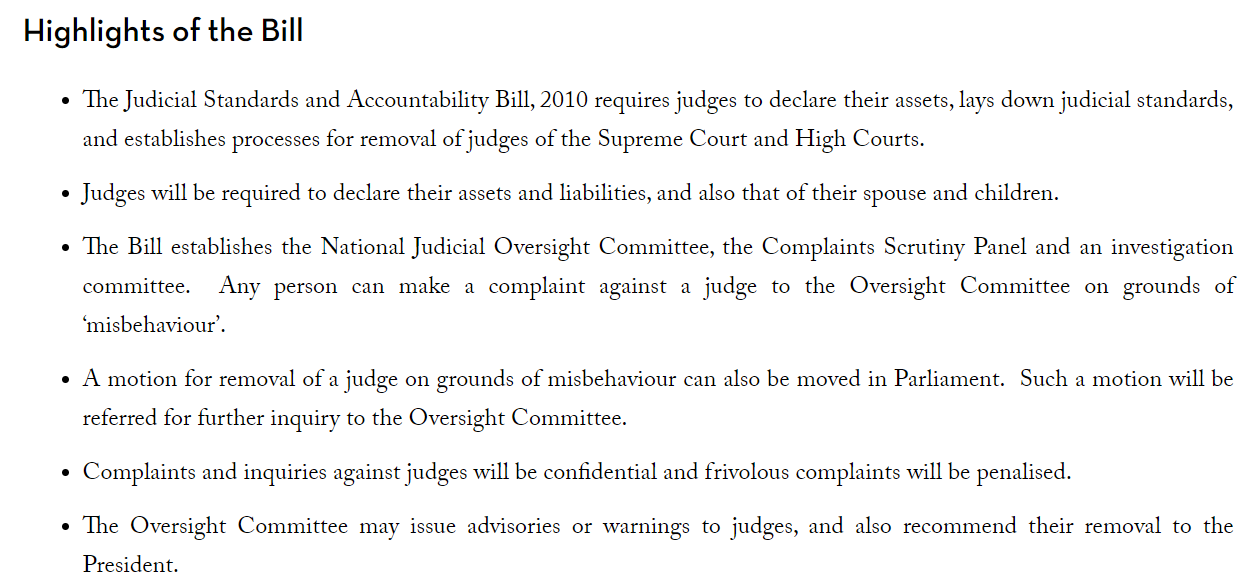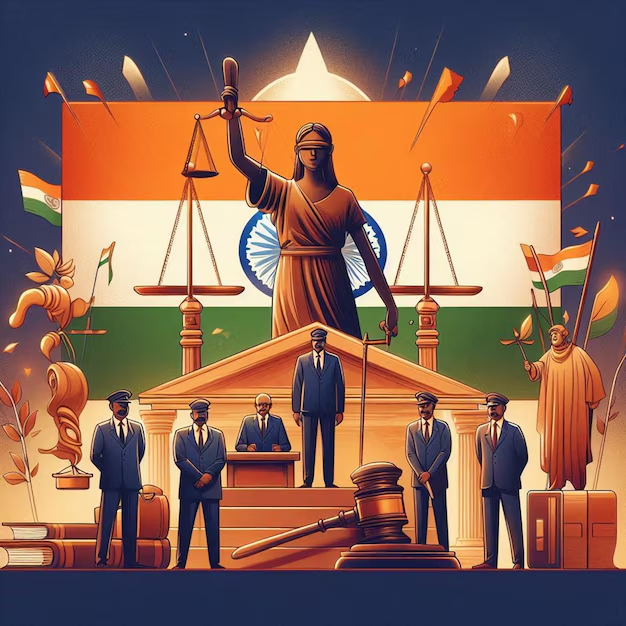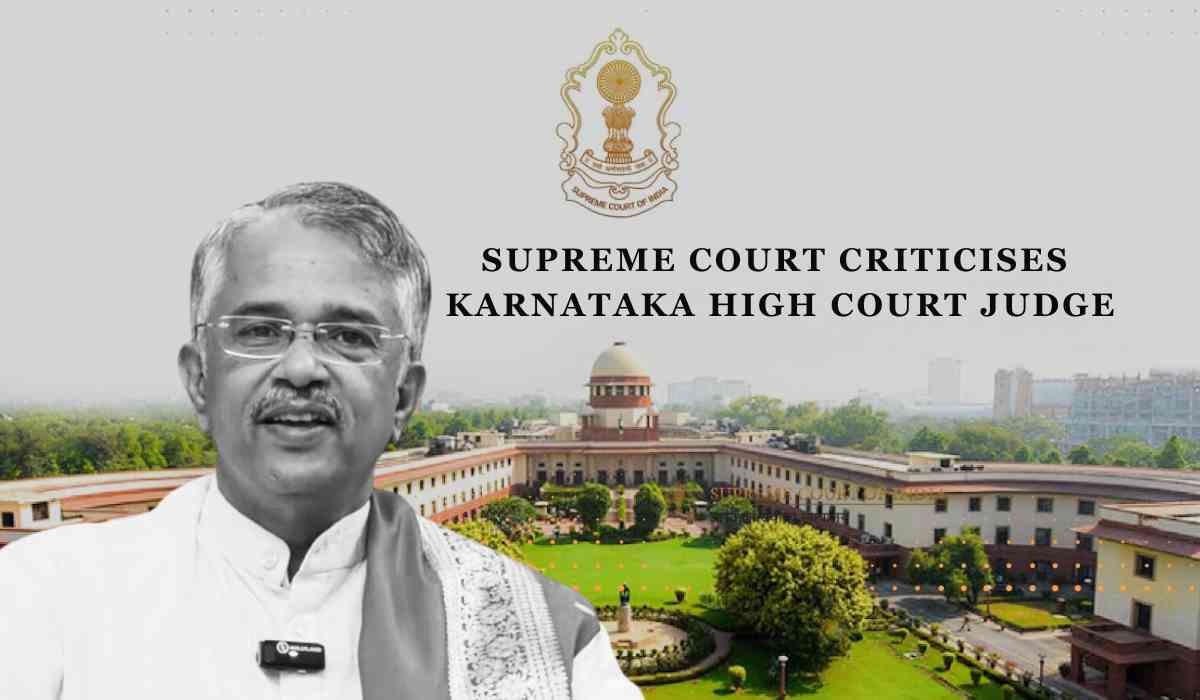The judiciary, as a pillar of democracy, must uphold the highest standards of conduct and impartiality. In recent developments, the Supreme Court of India has expressed serious concerns over controversial remarks made by Karnataka High Court Justice Vedavyasachar Srishananda. These remarks, which included a reference to a Muslim-majority area in Bengaluru as "Pakistan" and a misogynistic comment directed at a woman lawyer, have sparked significant outrage on social media and led to a swift response from the apex court.
Background of the Incident
During a hearing related to a landlord-tenant dispute, Justice Srishananda made statements that quickly became the subject of public scrutiny. The judge's remarks, which have been widely circulated and criticised online, involved a reference to a predominantly Muslim neighbourhood in Bengaluru, labelling it "Pakistan," and a derogatory comment directed at a female lawyer involved in the case. These comments were perceived not only as offensive but also as unbecoming of a judge, whose role is to dispense justice impartially and without prejudice.
VC: Bar and BenchAnother controversial video of Karnataka High Court judge who made 'Pakistan' comment surfaces
Justice Srishananda is seen reprimanding a woman lawyer for answering a question put to the counsel for the opposite party. pic.twitter.com/7KtWKnoCGD— Bar and Bench (@barandbench) September 19, 2024
The incident took place during a seemingly routine hearing, but the nature of the comments quickly escalated the situation. Social media platforms, known for their rapid dissemination of information, played a crucial role in bringing the judge's comments to the forefront of public discourse. The resulting outcry prompted the Supreme Court to intervene, underscoring the significance of maintaining judicial decorum in all court proceedings.
The Supreme Court’s Response
The Supreme Court's response to the incident was swift and decisive. A five-judge bench, led by Chief Justice of India DY Chandrachud and comprising Justices S Khanna, B R Gavai, S Kant, and H Roy, took immediate notice of the media reports and public outcry surrounding Justice Srishananda's remarks. The bench requested a detailed report from the Karnataka High Court, seeking instructions from the Chief Justice of the High Court on the matter.
In his remarks, Chief Justice Chandrachud emphasised the importance of judicial conduct, particularly in an era where social media can rapidly amplify any courtroom incident.
"Attention has been drawn to media reports to the comments made by Justice...of Karnataka High Court during the court proceedings. We request the Karnataka High Court to submit a report after seeking instructions from the Chief Justice of the high court," Chief Justice Chandrachud said. We may lay down some basic guidelines."
The Supreme Court's actions reflect its commitment to upholding the dignity and decorum expected of judges, reinforcing the judiciary's role as a guardian of justice and fairness.
The Significance of Judicial Decorum
Judicial decorum is a fundamental aspect of the legal system, essential for maintaining public trust and ensuring that justice is administered fairly. Judges, by virtue of their position, are expected to exhibit the highest standards of conduct, both inside and outside the courtroom. Their words and actions can have a profound impact on public perception and the integrity of the judiciary.
In the age of social media, where information spreads rapidly and often without context, maintaining decorum becomes even more critical. A judge's offhand remark or lapse in judgement can be magnified, leading to widespread criticism and undermining the authority of the judiciary. The incident involving Justice Srishananda highlights the delicate balance judges must maintain between their judicial responsibilities and the expectations of the public.
_1726832678.jpg)
Misogynistic Remarks and Their Impact
The misogynistic comment directed at a woman lawyer during the hearing has raised serious concerns about gender bias within the judiciary. Such remarks not only undermine the dignity of the legal profession but also perpetuate harmful stereotypes about women in the workplace. The legal profession, like any other, must strive for gender equality and ensure that all individuals, regardless of gender, are treated with respect and fairness.
The broader implications of Justice Srishananda's comments are significant. They highlight the ongoing challenges faced by women in the legal profession, including sexism and discrimination. The judiciary must address these issues head-on, ensuring that such behaviour is not tolerated and that steps are taken to promote a more inclusive and respectful environment for all legal professionals.
for more on this, read: Understanding Women's Lives in India: Navigating Challenges Across a Diverse Landscape

References to Communal Tensions
The reference to a Muslim-majority area in Bengaluru as "Pakistan" carries deep communal overtones that are particularly troubling in a diverse and pluralistic society like India. Such comments can exacerbate existing tensions and undermine the judiciary's role as a neutral arbiter of justice. The judiciary must be vigilant in avoiding language that could be perceived as biassed or inflammatory, especially in a country with a history of communal strife.
The historical context of communal remarks in the Indian judiciary is worth noting. While the judiciary has generally upheld principles of secularism and impartiality, there have been instances where judges' comments have sparked controversy and raised concerns about bias. The Supreme Court's intervention in this case serves as a reminder of the need for judicial restraint and sensitivity when addressing issues that touch on communal or religious sentiments.
For more on this, read: Manipur is Burning Again (But does anyone really care?)
Legal and Ethical Guidelines for Judges
Judges in India are bound by a strict code of conduct that emphasizes impartiality, fairness, and decorum. The existing guidelines, including those outlined in the Restatement of Values of Judicial Life adopted by the Supreme Court, provide a framework for judicial behavior. However, the incident involving Justice Srishananda raises questions about the adequacy of these guidelines and whether they need to be updated or reinforced to address contemporary challenges.
The Supreme Court has indicated that it may consider establishing new guidelines for constitutional court judges to ensure that their remarks and behaviour align with the dignity expected of the judiciary. These guidelines could draw on international standards for judicial conduct, which emphasise the importance of independence, impartiality, and integrity in the judiciary.

The Impact of Social Media on Judiciary
The role of social media in the incident involving Justice Srishananda cannot be ignored. Social media platforms have become powerful tools for disseminating information, raising awareness, and holding public figures accountable. However, they also pose challenges for the judiciary, as incidents like this can be quickly amplified, sometimes without full context or understanding.
The judiciary must navigate the complexities of the digital age, balancing the need for transparency with the risks of misinformation and public backlash. The incident highlights the importance of clear communication and the need for the judiciary to adapt to the realities of a connected world, where every remark or decision can be scrutinized by a global audience.
For more on this, read: Google's Initiative to Label AI-Generated Content: Enhancing Transparency and Digital Literacy
Public Trust in the Judiciary
Public trust in the judiciary is essential for the effective functioning of the legal system. Incidents like the one involving Justice Srishananda can erode this trust, particularly if they are perceived as indicative of broader issues within the judiciary. The Supreme Court's prompt action in this case is a positive step towards restoring confidence in the judiciary and demonstrating its commitment to upholding the highest standards of conduct.
To maintain public trust, the judiciary must ensure that all individuals, regardless of their position, are held accountable for their actions. Transparent and fair judicial proceedings are crucial for reinforcing the public's faith in the legal system and ensuring that justice is not only done but seen to be done.

Legal Framework Governing Judicial Behaviour
The legal framework governing judicial behaviour in India is designed to ensure that judges uphold the highest standards of conduct. The Judicial Standards and Accountability Act, along with other relevant laws and guidelines, provides mechanisms for addressing misconduct by judges. However, the effectiveness of these mechanisms depends on their implementation and the willingness of the judiciary to hold its members accountable.
The incident involving Justice Srishananda could prompt a review of the existing legal framework and lead to recommendations for strengthening judicial accountability. This could include clearer guidelines on judicial behaviour, enhanced training for judges, and more robust mechanisms for addressing complaints of misconduct.

The Future of Judicial Reforms in India
The incident has reignited discussions about the need for judicial reforms in India, particularly in the area of judicial conduct and accountability. The Supreme Court's handling of the case could set a precedent for future reforms, ensuring that the judiciary remains a respected and impartial institution.
Potential long-term reforms could include the establishment of a more transparent and accessible process for addressing complaints against judges, as well as ongoing education and training programs to help judges navigate the complexities of their role in a modern democracy. The judiciary's ability to adapt to these challenges will be crucial for its continued relevance and effectiveness.

Conclusion
The controversy surrounding Justice Vedavyasachar Srishananda's remarks has highlighted the critical importance of judicial decorum and the need for clear guidelines to ensure that judges uphold the dignity of the legal profession. The Supreme Court's swift response reflects its commitment to maintaining the highest standards of conduct within the judiciary and its recognition of the challenges posed by the digital age.
As the judiciary continues to evolve, it must remain vigilant in upholding the principles of fairness, impartiality, and respect that are the foundation of the legal system. The outcome of this case could have significant implications for the future of judicial conduct in India, and for the public's trust in the judiciary as a whole.
Inputs from Multiple Agencies
Media Sources: Instagram
ⒸCopyright 2024. All Rights Reserved Powered by Vygr Media.























